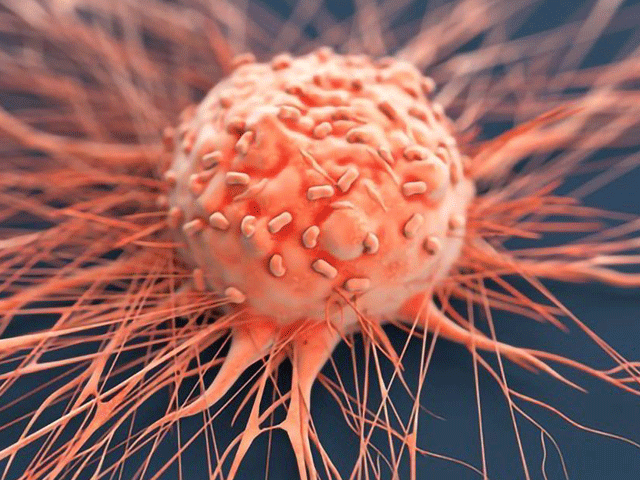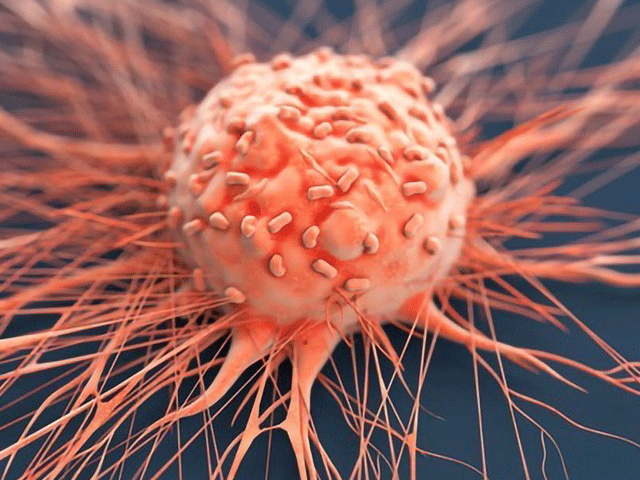
American experts have created a paper test to identify cancer. Photo: File
Boston: Scientists at the Massachusetts Institute of Technology (MIT) have turned advanced nanoparticles into cancer detection sensors by spreading them on paper.
By putting a few drops of urine on this simple and inexpensive sensor, it can be immediately determined whether the patient has cancer or not. Nanoparticles specifically target cancer-causing proteins. In this way, different types of tumors can be understood and better ways of treatment can be carved out.
It is used simply by applying nanoparticles to a paper strip. When small pieces of protein-DNA in urine meet the nanoparticles, they separate to form a sort of DNA barcode. This shows that there is cancerous DNA in the urine and also indicates the type of cancer itself.
It was invented by Sangeeta Bhatia and her team. It has been tested experimentally on mice and the paper test also identified five enzymes secreted by cancerous tumors, which is a significant advance.
Details of this research have been published in the Journal of Nature Nanotechnology.
(function(d, s, id){
var js, fjs = d.getElementsByTagName(s)[0];
if (d.getElementById(id)) {return;}
js = d.createElement(s); js.id = id;
js.src = “//connect.facebook.net/en_US/sdk.js#xfbml=1&version=v2.3&appId=770767426360150”;
fjs.parentNode.insertBefore(js, fjs);
}(document, ‘script’, ‘facebook-jssdk’));
(function(d, s, id) {
var js, fjs = d.getElementsByTagName(s)[0];
if (d.getElementById(id)) return;
js = d.createElement(s); js.id = id;
js.src = “//connect.facebook.net/en_GB/sdk.js#xfbml=1&version=v2.7”;
fjs.parentNode.insertBefore(js, fjs);
}(document, ‘script’, ‘facebook-jssdk’));



